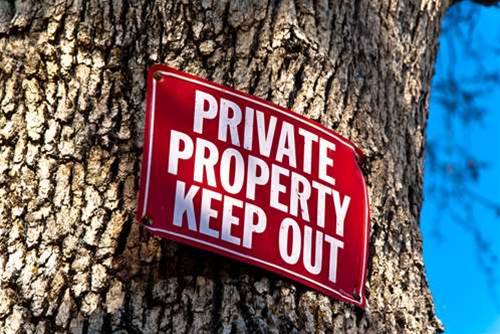A Tasmanian law that bans anonymous online commentary on election candidates, political parties or issues has come under fire following the repeal of a similar law in South Australia this month.

Consumer group Digital Tasmania has lobbied Tasmanian Electoral Commissioner Bruce Taylor about repealing Section 191 of the Tasmanian Electoral Act 2004.
It argued that no public interest would be served by enforcement of the law, which states that all web pages that contain matter pertaining to the elections must include the name and street address of the person responsible.
While Section 191 has been in effect during a previous state election, the increasing prominence of blogs, Facebook and Twitter could present new challenges to compliance and enforcement.
Digital Tasmania's spokesperson Andrew Connor said that any mention of the election could be construed to fall under the definition of electoral matter.
"The sheer impracticality of enforcing this law on thousands of people in Tasmania and elsewhere commenting on this election is overwhelming," he said.
Connor said the law is likely to curb free speech by stifling legitimate online debate about the election.
Additionally, members of the public who chose to post their opinions online would either simply disregard the law, or follow the letter of the law, exposing them to a range of privacy concerns, he said.
"Those who do follow the letter of the law potentially expose themselves to harassment, stalking, physical abuse or identity theft," he said in a statement.
"It is conceivable that such personally identifiable information may, once published, remain available online forever."
In South Australia, a similar law was passed and quickly repealed.
"This way, no one need fear now that they are being censored on the net or in blogs, whether they blog under their own name or anonymously," Attorney General Michael Atkinson told reporters.
But according to Andrew Hawkey at the Tasmanian Electoral Commission, the online election commenting law "is not about policing everyone and everything".
Offending material would be judged by their impact, and substantial evidence would have to be submitted for investigations to take place, he said.
"Someone needs to take responsibility for slanderous comment," he told iTnews.
"Individual chit-chat is not really of concern, even though it may come under that definition [of electoral matter]," he said.


_(33).jpg&h=140&w=231&c=1&s=0)


_(28).jpg&h=140&w=231&c=1&s=0)





 Cyber Resilience Summit
Cyber Resilience Summit
 iTnews Executive Retreat - Security Leaders Edition
iTnews Executive Retreat - Security Leaders Edition
 Huntress + Eftsure Virtual Event -Fighting A New Frontier of Cyber-Fraud: How Leaders Can Work Together
Huntress + Eftsure Virtual Event -Fighting A New Frontier of Cyber-Fraud: How Leaders Can Work Together
 iTnews Cloud Covered Breakfast Summit
iTnews Cloud Covered Breakfast Summit
 Melbourne Cloud & Datacenter Convention 2026
Melbourne Cloud & Datacenter Convention 2026












_(1).jpg&h=140&w=231&c=1&s=0)



